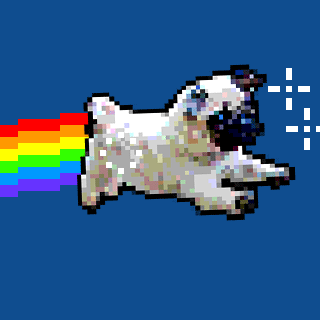- {{ name }} .de
- × {{name}}
Lusi Domain Generator
Finde aussprechbare, kurze und freie Domain Namen mit Verfügbarkeits-CheckLusi Domain Generator
C: consonant, V: vowel, a-z: plain letter, [a-z]: a random letter from a set of letters, *: random letter, ^: capitalize next letter, +: repeat previous letter <grammar>: store output from a grammar as a variable, these variables are indexed sequentially (number): place stored variable, one-indexed (#-#): randomly place a variable from a range of variables (#,#,#): randomly place a variable from a set of variables (*): place random variable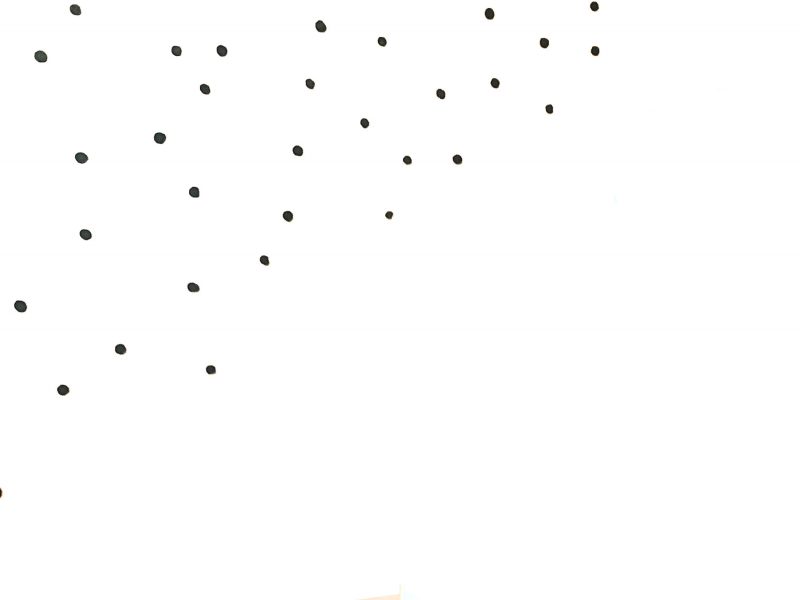

Ich bin Lusi. I finde Deine
Domain.

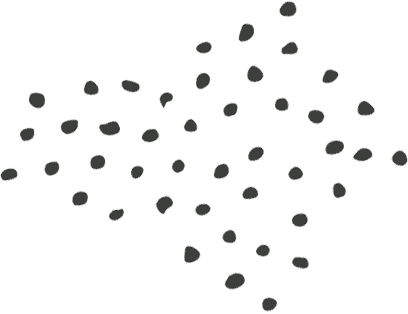
Generiere Domain Pattern wie...
Starte jetzt: Wähle einfach ein pattern Demo und generiere eine Domain nach Deinem ganz persönlichen Stil
Definiere Deine Variablen
Gebe Deine Variablen jeweils in eckigen Klammern <> hintereinander ein. Zum Beispiel
Integriere die Variablen in Dein Pattern
(1-3) wähle zufällig eine der Variablen von 1-3
V generiere zufällig einen Vokal (o,a,i,e,u)
(4, 5) wähle zufällig die variable 4 oder 5 von Schritt eins
Der gesamte Code: Jetzt klicken & generieren
Grass brought all night lesser give said air sixth third life deep male face from deep abundantly.



ich kenne die besten Trend-Kombinationen
Und ich wurde entwickelt um Deinen perfekten Domain Namen zu finden, for free. Du suchst nach einem einprägsamen und kurzen Domain Namen? Alle Namen für dein neues Business Projekt sind bereits belegt?
Mit dem Lusi Domain Finder und Domain Checker Service ist die Domain Suche so einfach wie nie zuvor. Lusi generiert Fünf Domain Namen Vorschläge mit einem in-time Domain Check Lookup Service.
Wähle einfach dein Lieblingspattern und Lusi sucht nach freien Domain Namen mit deinem Domain Pattern. Aktuell unterstützt Lusi .de, .io and .com TLD, mehr folgen in Kürze.
Ilma.io
Domain of the day: Ilma ist ein Mädchen Name mit wunderschönen Bedeutungen. Auf Finnisch bedeutet Ilma "Luft", auf Maltesisch "Wasser", auf Arabisch "Wissen". Und das Beste: Auf Elbisch bedeutet Ilma "Sternenschein". Schön, oder nicht? Ilma.io ist frei und kann heute von Dir registriert werden, cheers!
lusilla.com
Domain of the Day: Lusilla ist eine seltene Variante des französischen Mädchen Namen "Lucille", mit der wunderschönen Bedeutung "Licht" ("lux", Latein). Zwischen 1922 und 2018 wurden nur 5 Geburten mit den Namen "Lusilla" registriert. Der Name "Lusilla" ist also sehr individuell und ein perfekter Name für Dein Business.
Subscribe to get the Domains of the Day

API Application Program Interface
Lusi – the easiest way to find free domain names. Get started with my API documentation.
VVowel
tVnVOutput: tuni, tini, tone, ...
Place 'V' in your pattern to call a vowel ' a, e, i, o, u' randomly
CConsonant
CiCiOutput: libi, kisi, pigi, ...
Place 'C' in your pattern to call a consonant ' b, c, d, f, g, h, j, k, l, m, n, p, r, s, t, v, w, x, y, z' randomly
a-zplain letter
aCVCOutput: adil, amor, amit, ...
simply mix fixed plain letters with your other variables. Useful for example if a word should start with a specific letter like "a".
[a-z]a random letter from a set of letters
[wrtzpsfghjklbnm]V[rtzpsfgklbnm]VOutput: finu, lume, piti, ...
prints randomly a letter from a given set of letters. Place the letters inside square brackets '[]' for example [rtzpsfgklbnm]
*random letter
CVC*Output: duxy, neld, nona, ...
prints a random letter from the entire alphabet.
^capitalize next letter
^CVCVOutput: Rika, Muko, Bula, ...
To capitalize the next letter you can use '^'. For example: '^n' will print 'N'
+repeat previous letter
CVC+V Output: lekko, robbu, fiffo, ...
CV[rtzpsfgklbnm]+er Output: zikker, fekker, mitter, ...
To create Names with double letters you can use plus '+'. This will repeat the previous letter.
<grammar>store output from a grammar as a variable, these variables are indexed sequentially
<sk><sm><sn><sp><st><tw><bl><fl><gl><sl><pl>(1-11)VCVOutput: pliti, glaru, skoti, ...
Place each of your variables inside angle brackets '<>'. The variables are saved seqentially:1: sk, 2: sm, 3: sn, 4: sp, 5: st, 6: tw, 7: bl, 8: fl, 9: gl, 10: sl, 11: pl
Behind this you can call it in your pattern by its index and within brackets'()', see also next steps.
(number)place stored variable, one-indexed
<bl><nk>(1)V(2)VOutput: blunki, blanka, blenka, ...
Place each of your variables inside angle brackets '<>'. The variables are saved seqentially:1: bl, 2: nk
Behind this you can call one of them in your pattern by its index within brackets.
(#-#)randomly place a variable from a range of variables
<bl><tw><sk><nk><ts><st>(1-3)V(4-6)VOutput: skets, blast, skank, ...
Place each of your variables inside angle brackets '<>'. The variables are saved seqentially:1: bl, 2: tw, 3: sk, 4: nk, 5: ts, 6: st
Behind this you can call a range of them in your pattern. Just enter the "from-to" range by its index with a hypen '-' and within brackets '()'.
(#,#,#)randomly place a variable from a set of variables
<sch><ch><sk><nk>(1,2)V(2,3,4)VOutput: schoska, chichi, chuski, ...
Place each of your variables inside angle brackets '<>'. The variables are saved seqentially:1: sch, 2: ch, 3: sk, 4: nk
Behind this you can call a set of them in your pattern. Just enter the variables by its index, separeted with semicolon ',' and within brackets '()'.
(*)place random variable
<bl><tw><sk>(*)VCVOutput: blefu, skuro, twini, ...
Place each of your variables inside angle brackets '<>'. Behind this you can call them in your pattern. Just enter asterisk within brackets '(*)' to call one of your variables randomly. To only call certain variables of your set, see previous steps.
